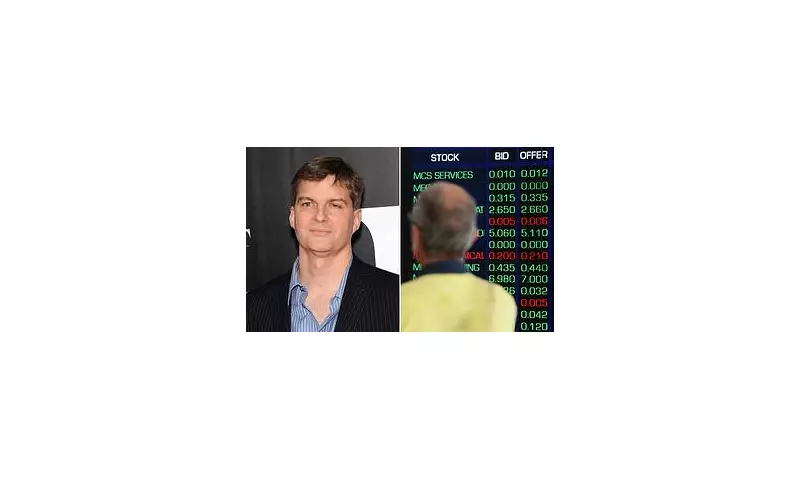
The legendary investor who accurately predicted the 2008 global financial crisis has placed a colossal wager against the artificial intelligence sector, sparking concerns that Australia's massive retirement savings system could face devastating consequences.
The Big Short Returns
Michael Burry, the hedge fund manager immortalised in the book and film The Big Short for his prescient bet against the US housing market, has now taken substantial short positions against two of Wall Street's most prominent AI companies. Recent regulatory filings reveal his firm, Scion Asset Management, held put options worth approximately $280 million against NVIDIA and another $1.37 billion against Palantir as of September 30.
This strategic move represents a comprehensive bet that share prices for both technology giants will decline substantially. The total value of Burry's bearish position reaches an astonishing $2.3 billion, creating significant waves throughout financial markets and drawing sharp criticism from Palantir's chief executive Alex Karp, who described the bets as "super weird" and "batsh*t crazy".
Australian Superannuation: The Hidden Vulnerability
While Wall Street analysts debate the wisdom of Burry's substantial short positions, Australian financial experts are sounding alarm bells about potential repercussions for the nation's retirement savings. Dale Gillham, founder and chief analyst at Wealth Within, has highlighted the substantial exposure of Australia's $4.3 trillion superannuation system to American markets, particularly the technology sector Burry is betting against.
"Approximately 20 per cent, or roughly $800 billion, of Australian super money is invested in American companies," Gillham explained to Money Magazine. "Many of these investments are concentrated in the same overhyped AI sector that Burry is now shorting."
Perfect Storm for Retirement Savings
The situation appears particularly concerning given recent political developments. A new bilateral investment agreement announced by Prime Minister Anthony Albanese could potentially channel over $1 trillion of Australian super funds into US infrastructure and technology projects.
Gillham expressed significant reservations about this development: "While the Prime Minister called it 'a partnership for prosperity', in reality it's a one-way ticket for Australian retirement savings to be invested in America's next potential bubble."
This substantial overseas investment comes at a time when many Australians face domestic financial pressures including record rental costs, rising living expenses, and declining real wages. Meanwhile, their retirement funds are increasingly exposed to markets that even seasoned Wall Street veterans consider overheated.
The concentration risk becomes starkly evident when examining specific super fund portfolios. AustralianSuper's International Shares option, among the most popular investment choices for Australians, holds substantial positions in major US technology firms including Microsoft, Apple, Amazon, Meta, and crucially, NVIDIA.
"With that level of concentration," Gillham warned, "what took years to build up could unravel in months. When bubbles burst, they don't ease down; they snap. If the AI trade turns, millions of Australians could watch their super balances shrink faster than they rose."
The ultimate risk, according to financial analysts, may not be Burry's substantial short positions themselves, but rather the unquestioning faith Australians have placed in a system that increasingly invests their financial future in potentially volatile overseas markets.





